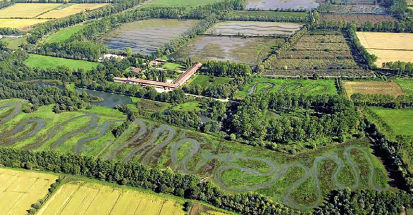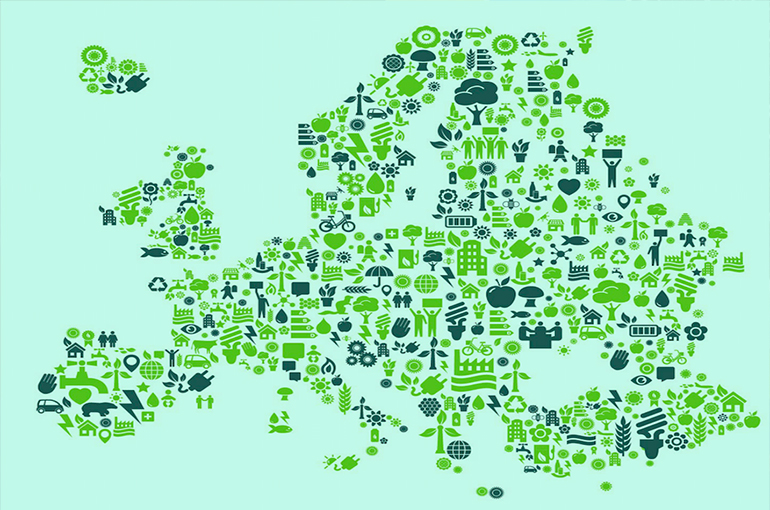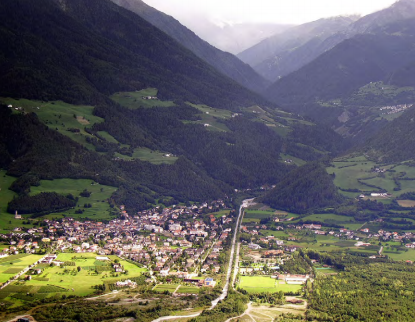The European Green Deal (EGD), is designed to be a transformative agenda for Europe at all levels. The application of the Green Deal in rural areas is a necessary and essential part of the transformation and resilience of the EU’s rural future and will define this Commission’s legacy. In this way, the Green Deal can create a new dynamic in rural areas and opens up opportunities for them to contribute to a more resilient future in both rural and urban areas.
OUR VISION: EUROPEAN RURAL AREAS ARE THE BEATING HEART OF HEALTHY AND SUSTAINABLE FOOD SYSTEMS
In our 2040 vision, every European has access to healthy and sustainable food. Our agriculture is in tune with our nutritional needs and with the environment, because of that, central to this change is the growth of localised food systems. This vision is already a reality in many parts of Europe, with hundreds of farms, cooperatives, local authorities, and citizens’ groups delivering local solutions to the challenges facing rural areas.

(ITALY)
The Common Agricultural Policy is central for this vision to come true; but it needs a fundamental reform to be fully aligned with the EGD. Public spending through the CAP must be used to leverage the transition to agroecology. Reconnecting what we produce with what we eat is crucial. The Farm to Fork Strategy is a first step in that direction, but more efforts are needed to achieve coherent agricultural, food, trade and public health policies. We need a Common Food Policy for Europe with agroecology and food democracy at its core.
OUR VISION: RURAL ECOSYSTEMS ARE THRIVING AND OUR NATURAL CULTURAL
HERITAGE IS CHERISHED
In our 2040 vision, we have stopped the deterioration and restored millions of hectares of ecosystems. We have also tackled pollution caused by intensive animal farming and intensive agricultural practices, air is clean everywhere and healthy rivers, lakes and groundwaters are the norm and full of life. Rural areas feature rich natural and built cultural heritage that offer a foundation for dynamic economic activities. We have made huge progress on clean air and water by tackling pollution at source. Our investment in restoring nature is paying off: it has built resilience and helped mitigate and adapt to the climate crisis, creating numerous sustainable jobs and bringing direct benefits for human health and wellbeing in rural areas and beyond. Besides, more attention is needed to plastic waste, and to methane emissions reduction targets and more ambitious ammonia emissions reductions, complemented by continuous air quality monitoring in rural areas.

To achieve our vision, new and revised EU laws are needed to deliver the key objectives of the Biodiversity Strategys. Existing EU nature and water legislation must also be properly implemented and enforced. In consequence, local, regional, national and EU authorities collaborate to ensure our cultural capital is improved and secured for future generations.
Finally, we need to develop regional cultural heritage strategies, building on the European Framework for Action on Cultural Heritage and the EU’s Creative Europe Programme using rural development funds, other European Structural and Investment Funds as well as national and regional support.
OUR VISION: RURAL ECONOMIES ARE CLEAN AND CIRCULAR AND RURAL AREAS ARE DYNAMIC AND CONNECTED
In our 2040 vision, we have 100 renewable energy supply, smart grids everywhere in Europe and wide uptake across rural and remote areas. We barely use bio-based energy to avoid the competition for productive land between food and fuel as well as to avoid negative impacts on biodiversity. We only use resources from agriculture or forestry in line with the biomass use hierarchy, with little use for energy generation. We have reduced our use of virgin resources and we use biomass in line with planetary boundaries. Sharing, re-using and repairability are the norm, waste prevention has created new profitable activities, and we recycle the remaining waste.

In rural areas, the principles of circular economy are as relevant as in urban areas. Waste management infrastructure and services in rural areas have been improved and inspection and enforcement measures to avoid illegal waste sites have been increased. Furthermore, sealing new soils is minimised by reusing brownfield sites and making the best of unoccupied buildings. Living in rural areas does not require owning a car to go places.
A JUST TRANSITION FOR SUSTAINABLE RURAL AREAS, LEAVING NO ONE BEHIND
The European Green Deal represents an opportunity for a transition towards sustainable rural areas. However, we must seek out positive interconnections between ecological, social and economic systems as well as understanding and addressing the trade-offs. With a positive inter-connected vision, there is an opportunity to revitalise rural areas, leaving no one behind, and leaving a positive heritage for future generations.
For more information click here.




